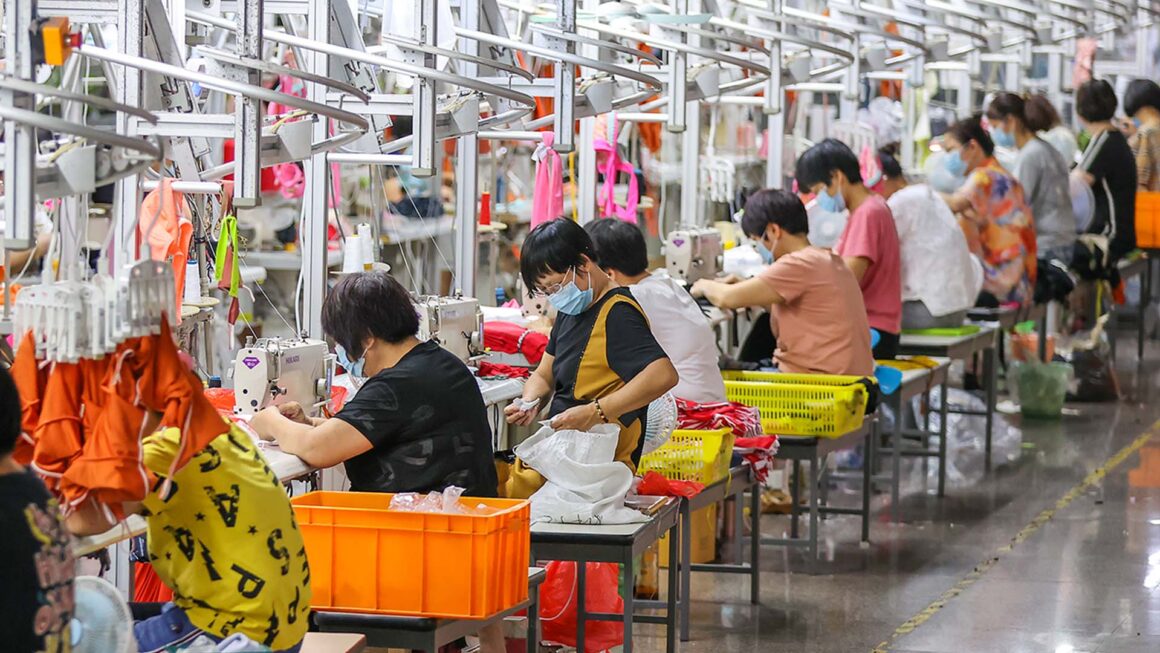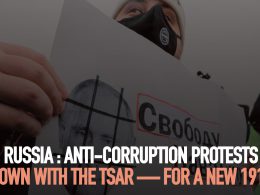By Saana Taussi
’Fast-fashion’ is a form of clothing production which is based on releasing the highest number of clothing collections each year as possible, at the lowest price possible. This business model became popularised since the 1980s and practically all affordable, mass-producing clothing brands, such as H&M, Zara, Primark, Adidas and Shein work with this logic.
The ‘more with less’ premise has naturally resulted in all garment labour being outsourced into countries and areas with lower wages, less legislation to protect workers, and less unions, enforcing human rights violations. An atrocious level of exploitation is enabled within this globalised industry. The Fashion Transparency Index published by Fashion Revolution reveals that although some of the 250 biggest fast fashion companies publish policies about forced labour, child labour and living wage requirements, they have no explanation for how these policies are implemented.
More recently, Adidas workers in El Salvador reported being locked into factories and forced to work up to 25-hour workdays, while forced labour has been found in Tesco clothing production. The exploitation and violation that the industry enforces was most infamously seen in the 2013 Rana Plaza factory collapse, where 1134 workers died. Workers had warned for days that the building was unsound but the management ordered garment workers to their usual posts inside, threatening their jobs and pay if they refused. . Rescuers dug through the rubble for brand labels to identify which brands were tied to the case, as there was no official information available.
The shaping of the industry in this direction is a result of the nature of capitalism. Capitalism needs infinite growth no matter the price to people and the planet. The requirement for infinite growth is especially irrational when it comes to clothes, as there are only so many clothes one can wear at a given time. A culture of overconsumption has been created to ignore this fact, which is reflected in the fact that we own 60% more clothes than we did 15 years ago, but with half a life span for the clothes.
The international division between the producers and consumers results in a market where us in the ‘west’ over-consume products that are often made in the neo-colonial world. In order to satisfy this lust for profit, capitalism turns to the hyper-exploitation of workers, particularly women workers in the neo-colonial world.
What makes the industry more devious is that fashion brands exploit any positive opposition to sexism, racism and oppression that young people have. For example, in the past years several brands have made clothes featuring feminist and anti-racist slogans. In reality, those clothes are being made mostly by women of colour earning less than a living wage in hazardous conditions, while the brands reap the benefits of virtue-signalling.
Instead of attempting to purchase statement clothing items, we need to challenge the international web of exploitation capitalism enforces. We cannot control what we do not own. So long as the Fashion industry and others like it are controlled by the billionaires they will seek to maximise their profit margins no matter the human or environmental cost. To ever have ‘ethical’ consumption we need to organise to consciously overthrow capitalism and take the fashion industry into public hands. We must remove the profit motive from fashion and plan the production of clothes to meet the needs of the world’s population and planet. Doing so would allow us to build a world where all people have a right to a living-wage and freedom from all exploitation.









